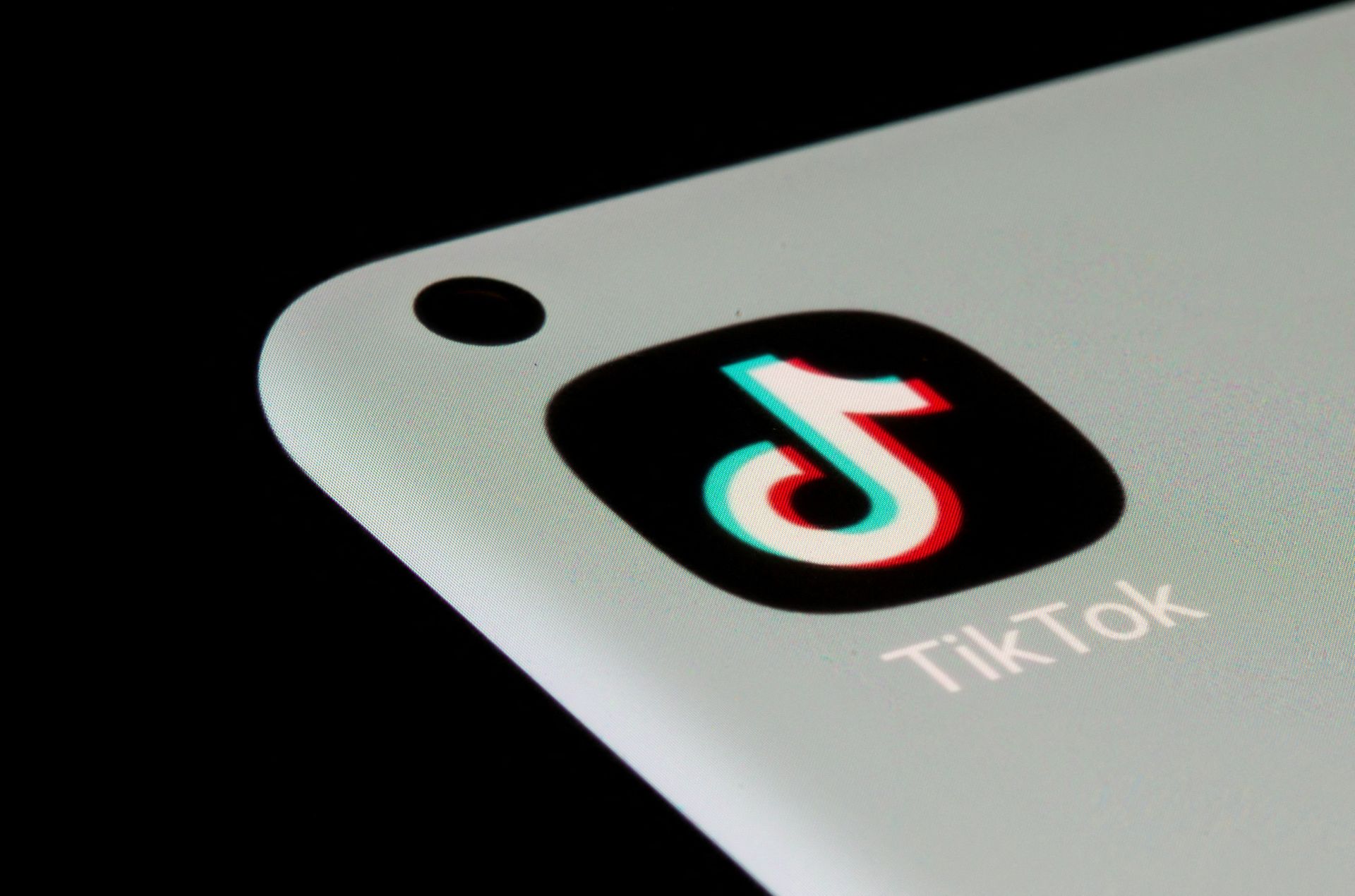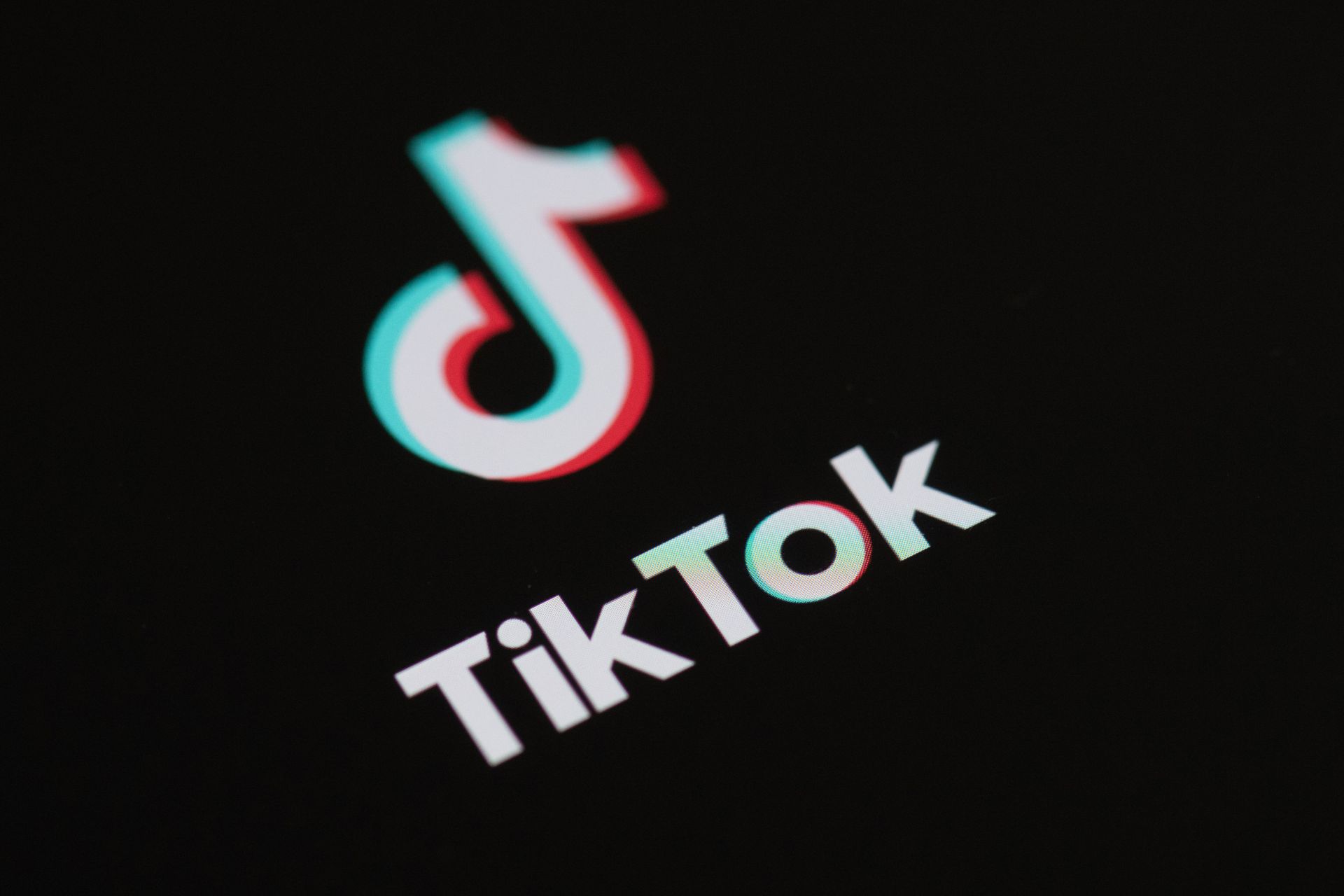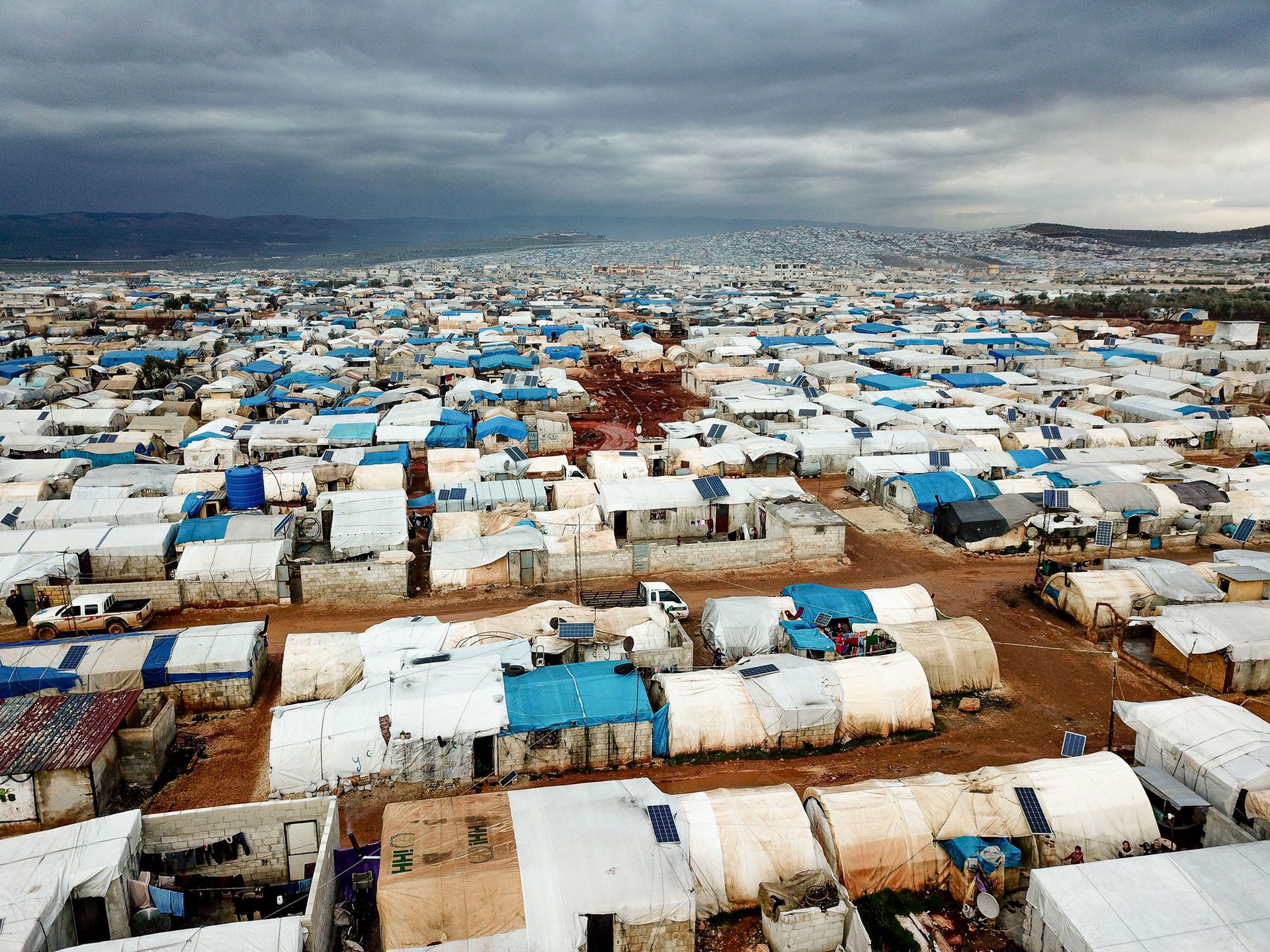- A BBC investigation found that Syrian refugee families are asking for donations on TikTok while the company takes up to 70% of the proceeds.
- BBC News has looked at a recent TikTok trend in which hundreds of Syrian refugee families use live feeds to solicit contributions.
- According to TikTok’s guidelines, you must have 1,000 followers, refrain from aggressively soliciting gifts, and “prevent the harm, endangerment, or exploitation” of children on the network to go live.
- When the BBC used the in-app reporting feature to flag the 30 accounts that included children beggars, TikTok said that none of them had broken company guidelines.
According to a BBC investigation, displaced families in Syrian camps are pleading for donations on TikTok while the corporation keeps up to 70% of the money.
TikTok profits from donations made to Syrian families
On the social networking platform, kids spend hours live streaming while appealing for digital goods with a monetary value. BBC discovered that while streams were making up to $1,000 (£900) per hour, the individuals living in the camps were only receiving a minuscule fraction of that.
TikTok promised to act quickly to stop “exploitative begging.” The business said that it did not permit this kind of content on its platform and that its commission on digital presents was considerably lower than 70%. However, it chose not to confirm the precise sum.
An earlier video of a family in a Syrian camp filled users’ TikTok feeds, garnering support from some viewers and worries about fraud from others.
BBC revealed that the “TikTok middlemen” who gave families the phones and equipment to go live facilitated the trend in the camps in north-western Syria.
The middlemen claimed to have relationships with TikTok-related organizations in China and the Middle East that provided the families with access to their TikTok accounts. These firms are a part of TikTok’s global recruitment campaign for live streamers, which aims to increase app usage.

The middlemen claimed they prefer to use British SIM cards since the TikTok algorithm proposes material based on the country of origin of a user’s phone number. The UK population is reputed to be the most giving.
Among the families who visit TikTok daily are Mona Ali Al-Karim and her six daughters. They spend hours sitting on the floor of their tent while reciting the limited English they know, such as “Please like, please share, please gift.”
Mona is using the live streams to seek money for an operation for her daughter Sharifa, who is blind after her husband was murdered in an attack.
Although the presents they request are virtual, the viewers must pay real money for them, which can then be taken out of the app as cash. Livestream users can thank or tip content creators by sending them presents, ranging in price from a few cents for virtual roses to $500 or more for a virtual lion.
For five months, the BBC used specialized software to collect data from 30 TikTok accounts broadcasting live from Syrian refugee camps. This revealed that viewers frequently gave each account digital gifts valued at up to $1,000 per hour.
However, families in the camps claimed they were only getting a small portion of these sums.
TikTok declined to disclose how much it took in gifts, so the BBC conducted an experiment to see where the money went.
One of the TikTok-affiliated media outlets received a call from a reporter in Syria who claimed to be residing in the camps. While BBC employees in London sent TikTok presents totaling $106 from another account, he opened an account and went live.
The Syrian test account had a balance of $33 after the webcast. 69% of the value of the gifts had been seized by TikTok.
During one family’s live stream, TikTok star and former professional rugby player Keith Mason gave £300 ($330) and urged his almost one million followers to do the same.
He called it “ridiculous” and “unfair” to families in Syria when the BBC informed him that the social media company had collected the lion’s share of these monies.
“You’ve got to have some transparency. To me, that’s very greedy. It’s greed,” he stated.
When it was withdrawn from the neighborhood money transfer store, the $33 left over from the BBC’s $106 gift was further decreased by 10%. A household would receive only $19 after TikTok intermediaries took 35% of the remaining sum.
One of the TikTok middlemen in the camps, Hamid, told the BBC that he had sold his livestock to buy a phone, a SIM card, and a wi-fi connection so he could connect with families on TikTok.
He currently spends many hours a day broadcasting with 12 different families.
Hamid claimed that he utilizes TikTok to support families’ daily lives. He claimed that he pays them the majority of the income, less his operating expenses.
Hamid claimed that, like the other intermediaries, he was helped by “live agencies” in China that collaborate with TikTok directly.
“They help us if we have any problems with the app. They unlock blocked accounts. We give them the name of the page, the profile picture, and they open the account,” Hamid stated.
TikTok hires organizations like these, also referred to as “live streaming guilds,” to assist content producers in creating more engaging live streams.
According to the agencies’ statements to the BBC, TikTok pays them a fee based on the length of live streams and the cost of gifts received.
TikTokers, even children in the Syrian refugee camps, go live for hours at a time because of the emphasis on duration.
These live streams are against TikTok’s own standards to “avoid the injury, endangerment, or exploitation” of kids on the platform, according to Marwa Fatafta of the digital rights organization Access Now.
A recent TikTok trend whereby hundreds of Syrian refugee families use live streams to beg for donations is the subject of an investigation by BBC News.
“TikTok clearly states that users are not allowed to explicitly solicit gifts, so this is a clear violation of their own terms of services, as well as the rights of these people,” she stated.
She admits that it’s okay for people to discuss their experiences online “in an effort to find comfort and sympathy,” but she claims that these live streams “lack respect and are humiliating.”

The rules of TikTok state that in order to go live, you must have 1,000 followers, refrain from actively soliciting gifts, and “avoid the injury, endangerment, or exploitation” of kids on the network.
However, TikTok said that none of the 30 accounts displaying children beggars had violated its rules when the BBC utilized the in-app mechanism to report them.
All of the accounts were blocked by TikTok after the BBC immediately contacted the firm for comment.
“We are deeply concerned by the information and allegations brought to us by the BBC and have taken prompt and rigorous action. This type of content is not allowed on our platform, and we are further strengthening our global policies around exploitative begging,” said TikTok officials in a statement.
Since its debut in 2017, TikTok, the fastest-growing social media platform in the world, has generated more than $6.2 billion in gross income from in-app purchases, according to analytics firm Sensor Tower.
The BBC sought numerous Syrian charities to support families living in the camps as an alternative to TikTok Live revenue.
A nearby charity, Takaful Alsham, announced that it would help the families acquire basic necessities for the next three months, assist the kids in finding schools, and pay for their education.
However, there aren’t many possibilities for earning money in the camps besides online begging. Every day, hundreds of families still go live, and TikTok continues to get the majority of donations.





